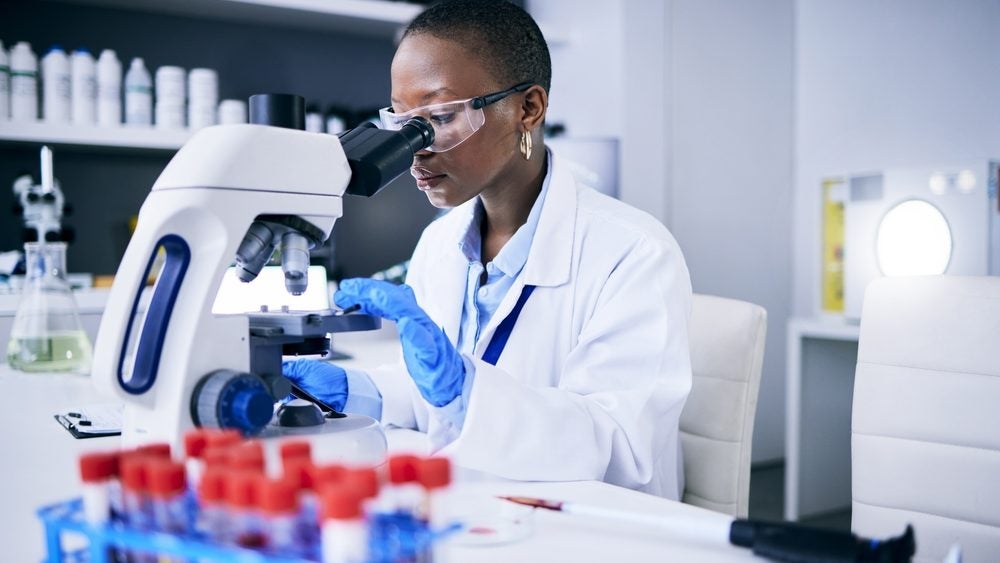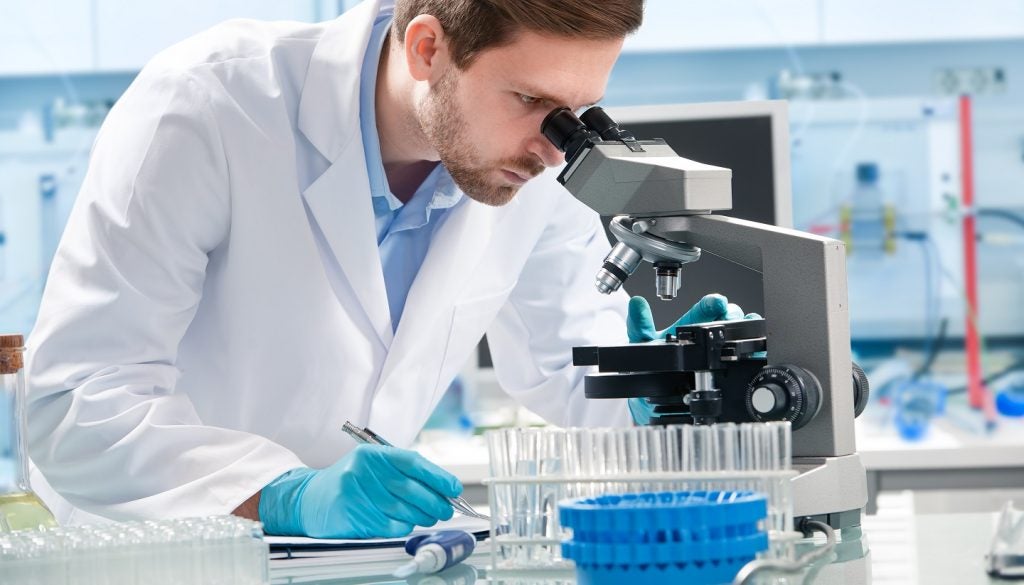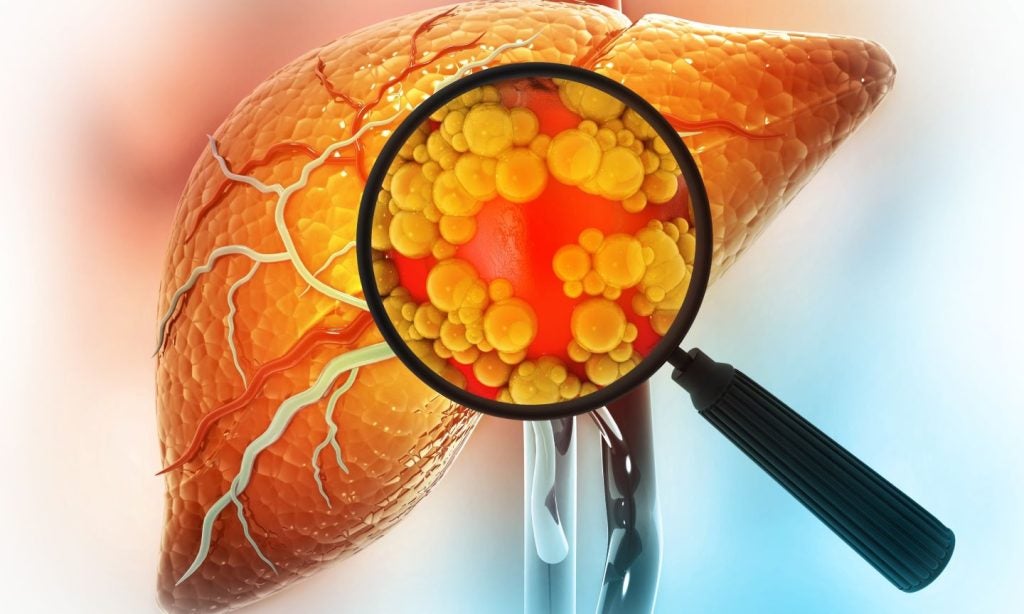
Researchers from QIMR Berghofer Medical Research Institute in Queensland, Australia, have created two new peptide-based drugs to potentially prevent and treat Covid-19.
The first drug can be administered before being exposed to SARS-CoV-2 and aid in enhancing the vaccine efficacy while the second drug can potentially hinder the virus spread in cells that are infected.
Instead of targeting SARS-CoV-2, these early intervention drugs target how human cells react to the virus.
Currently, these drugs are being studied in hamsters at Infectious Disease Models and Innovative Therapies, a pre-clinical and clinical research centre in France. Initial data showed that the drugs are non-toxic and have reduced side effects.
The drugs were discovered after scientists found an earlier unknown way of entry that SARS-CoV-2 uses to attack cells and cause Covid-19.
According to lab tests, the first drug masks the angiotensin-converting enzyme 2 (ACE2) receptor protein on human cells to lower infection.
How well do you really know your competitors?
Access the most comprehensive Company Profiles on the market, powered by GlobalData. Save hours of research. Gain competitive edge.

Thank you!
Your download email will arrive shortly
Not ready to buy yet? Download a free sample
We are confident about the unique quality of our Company Profiles. However, we want you to make the most beneficial decision for your business, so we offer a free sample that you can download by submitting the below form
By GlobalDataQIMR noted that the virus spike protein utilises the ACE2 receptor to attach to and attack cells.
Even if the virus enters cells, the second drug can hinder the virus’ mode of attacking the host cell and replication.
QIMR Berghofer Gene Regulation and Translational Medicine Group head professor Sudha Rao said that they created the new drugs after finding that some individuals have a chemical tag that serves as a padlock on the ACE2 receptor.
Rao added: “The tag can either keep the receptor locked or open – controlling the infection. This means people who have the ‘padlock-like’ tag on their ACE2 receptors will be less susceptible to SARS-CoV-2 and those without the tag are more vulnerable to infection.
“Our drugs stop the tag from being removed and also protect the untagged ACE2 receptors from being infected.”
The researchers noted that the new drugs are stable and can be kept at room temperature, facilitating streamlined distribution.







